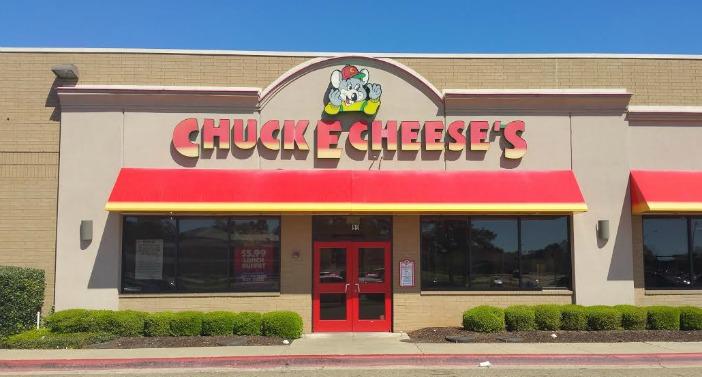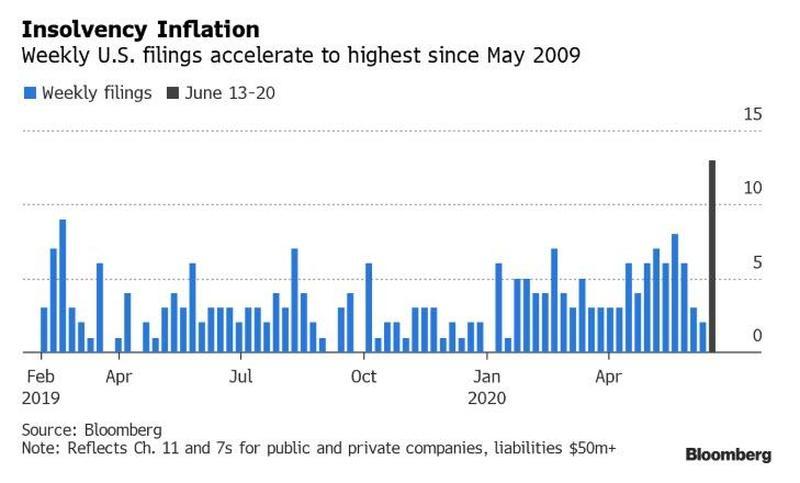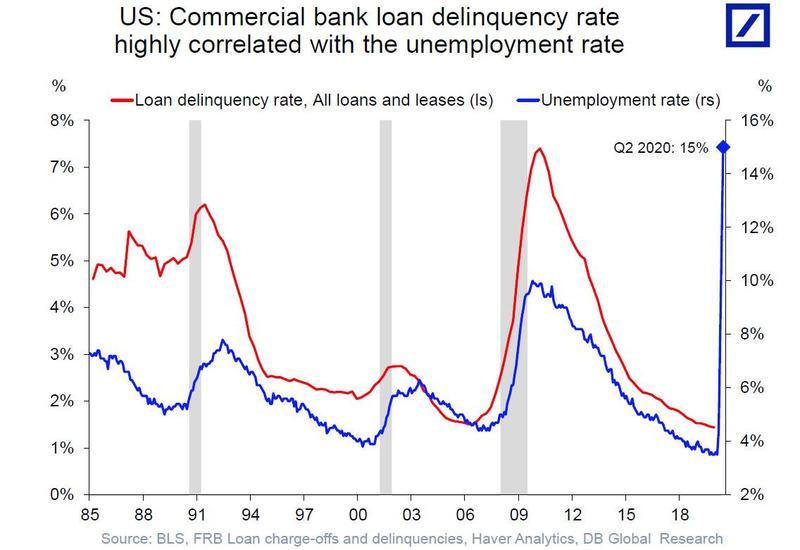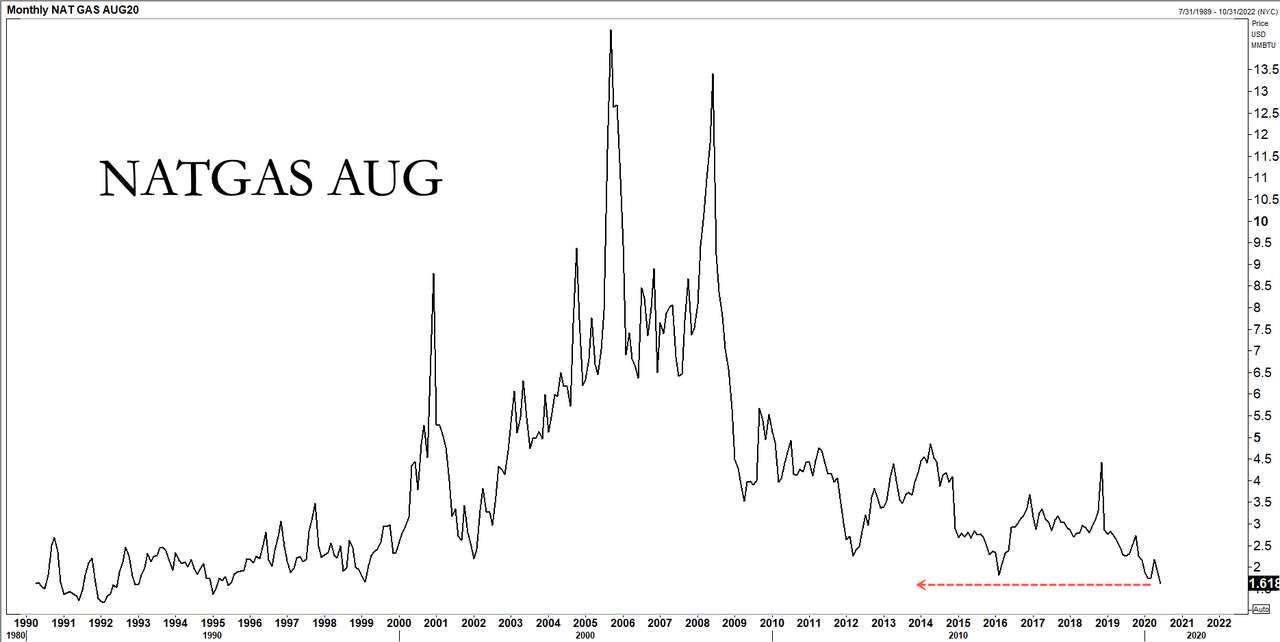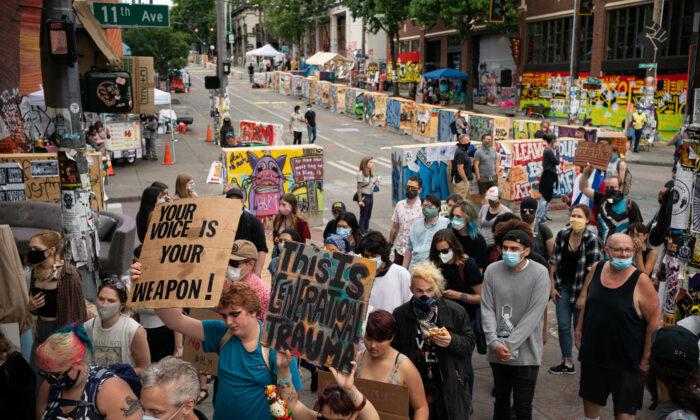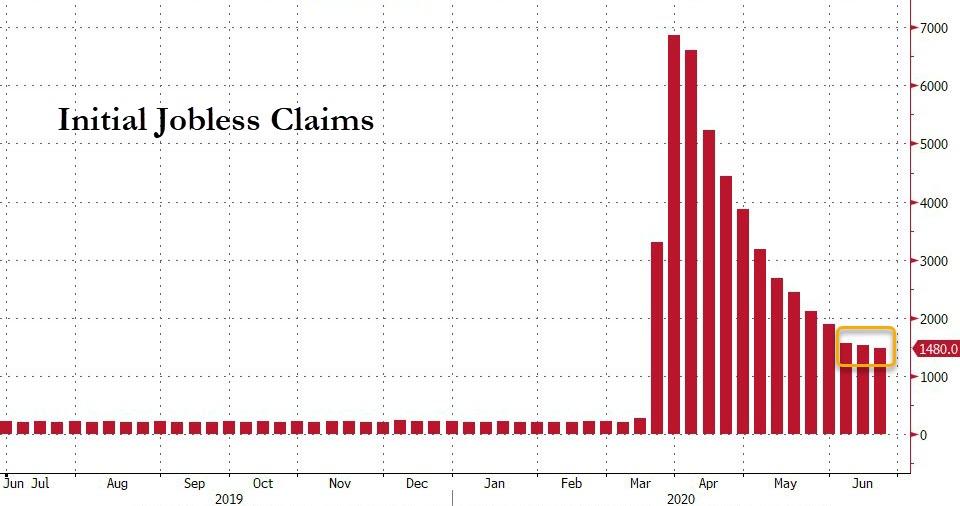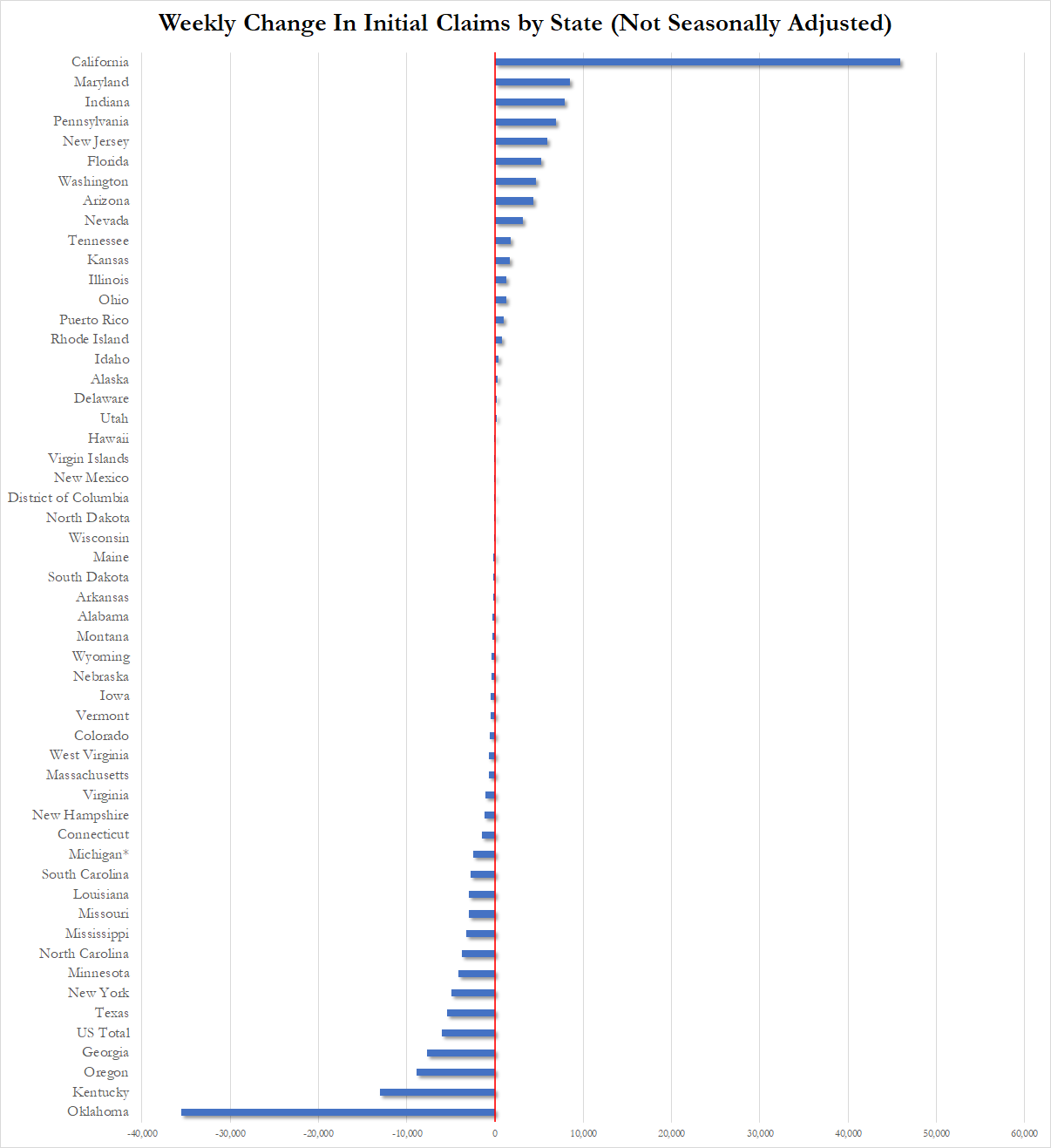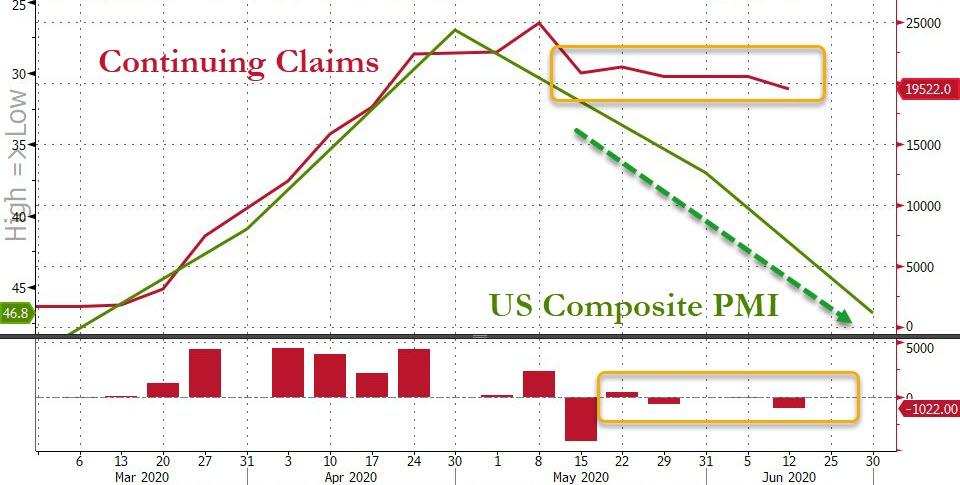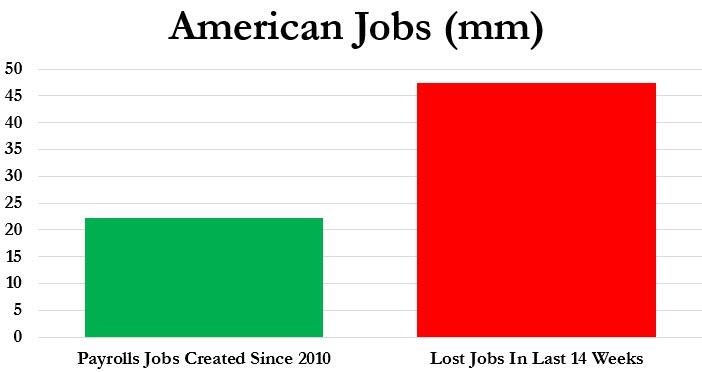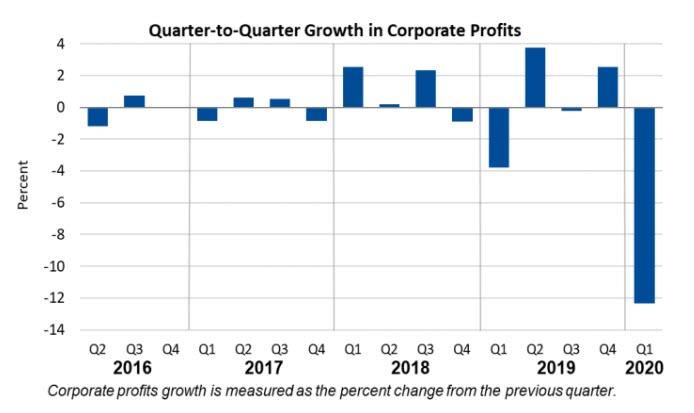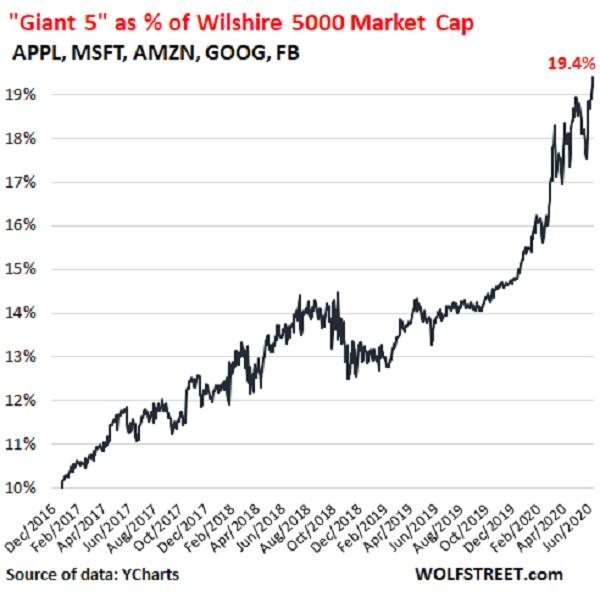A judge has dismissed California Republican Rep. Devin Nunes’ claims against Twitter, in which the former House Intelligence Chairman sought to hold the social media site responsible for allegedly defamatory tweets about him from political strategist Liz Mair and parody accounts @DevinNunesMom and @DevinCow. Nunes “seeks to have the court treat Twitter as the publisher or speaker of the content provided by others based on its allowing or not allowing certain content to be on its internet platform,” wrote Judge John Marshall of Henrico County, Virginia, in his decision. “The court refuses to do so.”
The lawsuit may, however, proceed against Mair, @DevinCow, and @DevinNunesMom. In other words, it may proceed against the entities whom Nunes accuses of doing the supposed defaming, not the digital forum that merely served as a conduit for said speech.
Judge Marshall rejected Nunes’ argument that Section 230—the federal law shielding internet companies from some legal liability for things created by their users or customers—did not apply in this case because of Twitter’s supposed bias against conservatives. That’s because (contrary to current conservative talking points) there’s actually no neutrality requirement in Section 230.
Following his loss in court, Nunes is apparently attempting to lead conservatives off Twitter to a new social media site called Parler, which bills itself as “an unbiased social media focused on real user experiences and engagement” that will not share user data.
And cheers to that—some more social media decentralization right now would certainly be a good thing.
But Parler goes on to make the hilariously nonsensical claim that on Parler, “content is moderated based off the FCC and the Supreme court of the United States which enables free expression without violence and a lack of censorship.” Huh?
It’s the First Amendment that codifies American protection from government censorship; courts merely uphold that right. None of that has anything to do with the content moderation decisions made by private companies. Nor does the Federal Communication Commission have any say over such decisions either. It seems Parler may be as confused about free speech and social media as poor Nunes…
Meanwhile, in other silly lawsuits against the internet:
FREE MINDS
Time to cancel Voice of America and other U.S. propaganda outlets. President Donald Trump recently ousted the heads of government-run news agencies Voice of America, Radio Free Europe/Radio Liberty, the Office of Cuba Broadcasting, and the Middle East Broadcasting Networks—all of which fall under the umbrella of the U.S. Agency for Global Media (USAGM)—and confirmed Michael Pack as the new chief executive. “If the idea of Trump and [new Voice of America head Michael] Pack, a documentary filmmaker and comrade of Steve Bannon, running the U.S. government’s news and propaganda operations alarms you,” writes Politico senior media writer Jack Shafer, maybe it’s time to consider canceling the whole operation.
“As disturbing as the Trump-Bannon-Pack disruption is, it allows us to reassess the U.S. government propaganda machine that has been running non-stop for almost eight decades.” Shafer adds that
If we can agree that we don’t want Donald Trump and Steve Bannon dictating what’s news to a world audience of 350 million, perhaps we can also reconsider the wisdom of maintaining such a world-spanning information infrastructure in the first place. Maybe the lesson of the Trump “coup d’état” should be to abolish VOA and its sisters and salt the earth that nurtured them into existence to prevent Trump and the U.S. government from engaging in the propaganda business.
FREE MARKETS
Not today, class warfare. “The longer arc of the current revolutionary moment may actually end up vindicating the socialist critique of post-1970s liberalism—that it’s obsessed with cultural power at the expense of economic transformation, and that it puts the language of radicalism in the service of elitism,” suggests Ross Douthat in a new column about Bernie Sanders and the politics of class warfare and racial justice.
The demand for police reform at the heart of the current protests doesn’t fit this caricature. But much of the action around it, the anti-racist reckoning unfolding in colleges, media organizations, corporations and public statuary, may seem more unifying than the Sanders revolution precisely because it isn’t as threatening to power.
The fact that corporations are “outdistancing” even politicians, as Crenshaw puts it, in paying fealty to anti-racism is perhaps the tell. It’s not that corporate America is suddenly deeply committed to racial equality; even for woke capital, the capitalism comes first. Rather, it’s that anti-racism as a cultural curriculum, a rhetoric of re-education, is relatively easy to fold into the mechanisms of managerialism, under the tutelage of the human resources department. The idea that you need to retrain your employees so that they can work together without microaggressing isn’t Marxism, cultural or otherwise; it’s just a novel form of Fordism, with white-fragility gurus in place of efficiency experts.
QUICK HITS
• Police reform in the Senate is falling apart.
• A little good news:
• A little more: Boston voted to ban city officials using facial recognition technology. “The law makes it illegal for city officials to ‘obtain, retain, possess, access, or use’ facial recognition technology. It’s also now illegal for the city government to enter into contracts that permit the use of facial recognition technology,” reports Buzzfeed.
• “A coalition of AI researchers, data scientists, and sociologists has called on the academic world to stop publishing studies that claim to predict an individual’s criminality using algorithms trained on data like facial scans and criminal statistics,” notes The Verge.
• Here’s the tale of one man wrongfully jailed based on faulty facial recognition technology.
• A reminder that the U.S. government continues to go after Julian Assange…
• .. and after encrypted communication:
Read more on that bill—the “Lawful Access to Encrypted Data Act”—from Reason‘s Scott Shackford.
• The Democratic National Committee’s August nominating convention will be held almost entirely virtually.
• A good thread from David French about right-leaning figures fighting for more government regulation of social media:
• Coronavirus update: “Nationwide, cases are up 30% compared to the beginning of this month, and dramatically worsening outbreaks in several states are beginning to strain hospital capacity—the same concern that prompted the nationwide lockdown in the first place.”
• More on what recent Black Lives Matter protests are actually teaching us about COVID-19.

from Latest – Reason.com https://ift.tt/3i42HxC
via IFTTT
